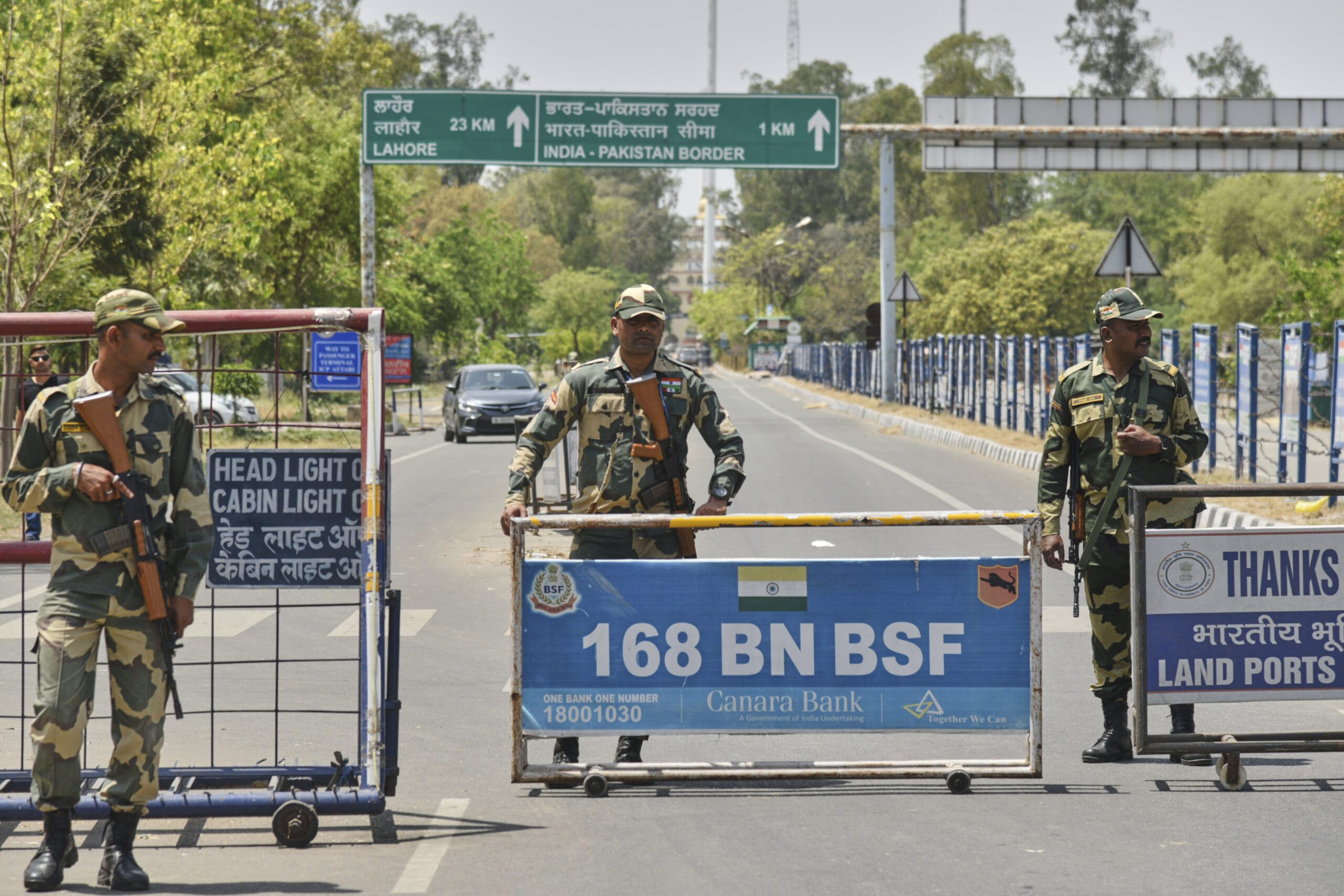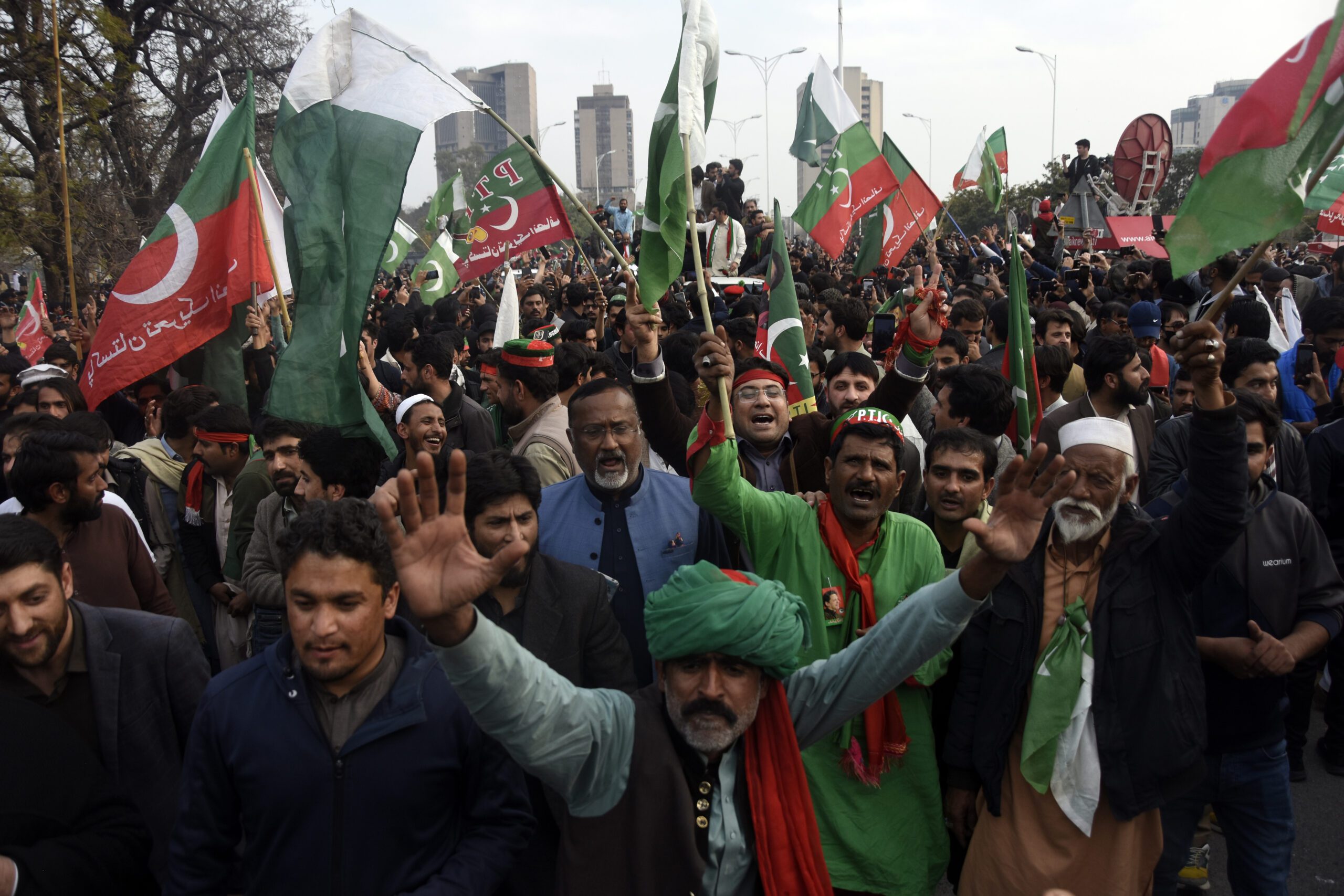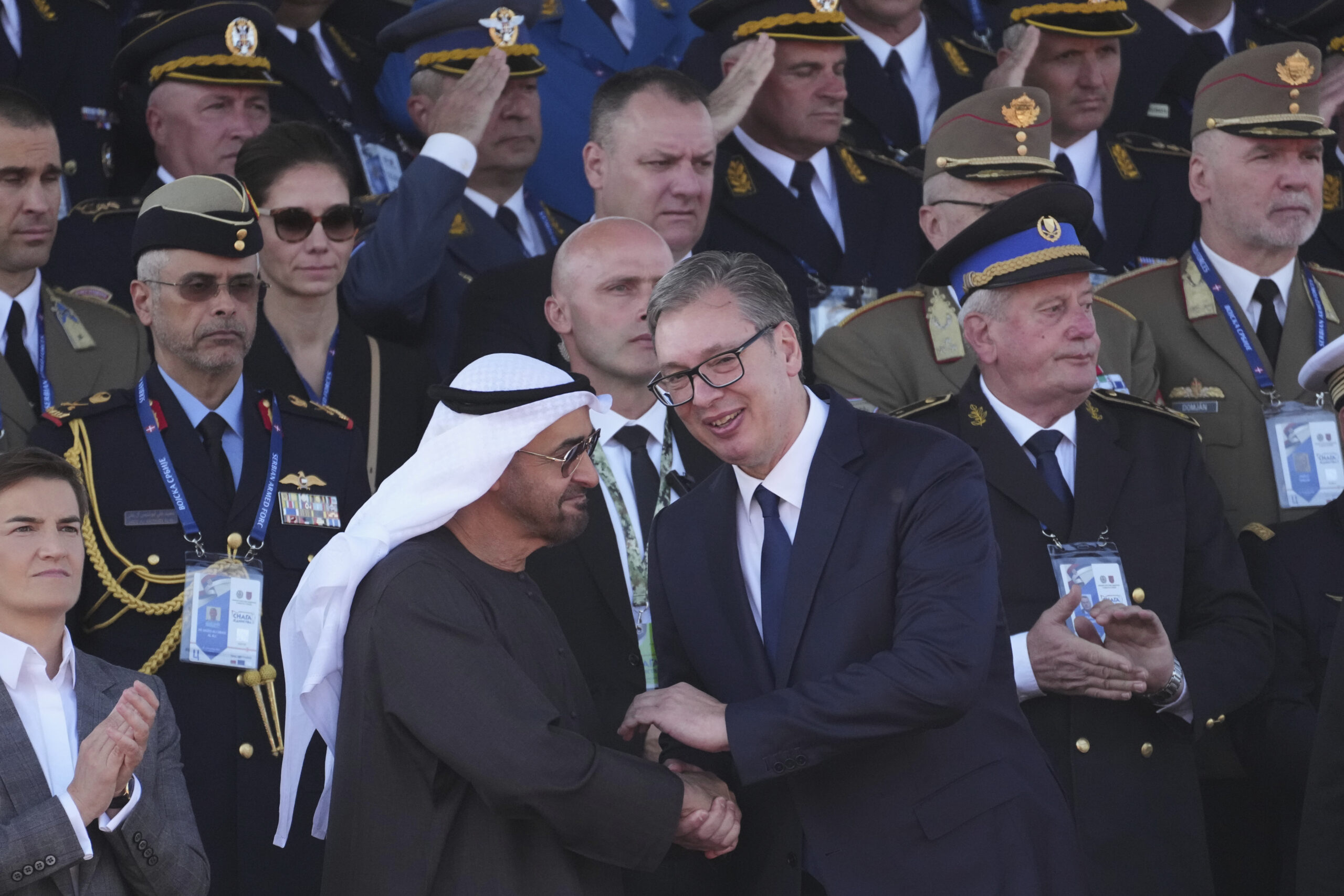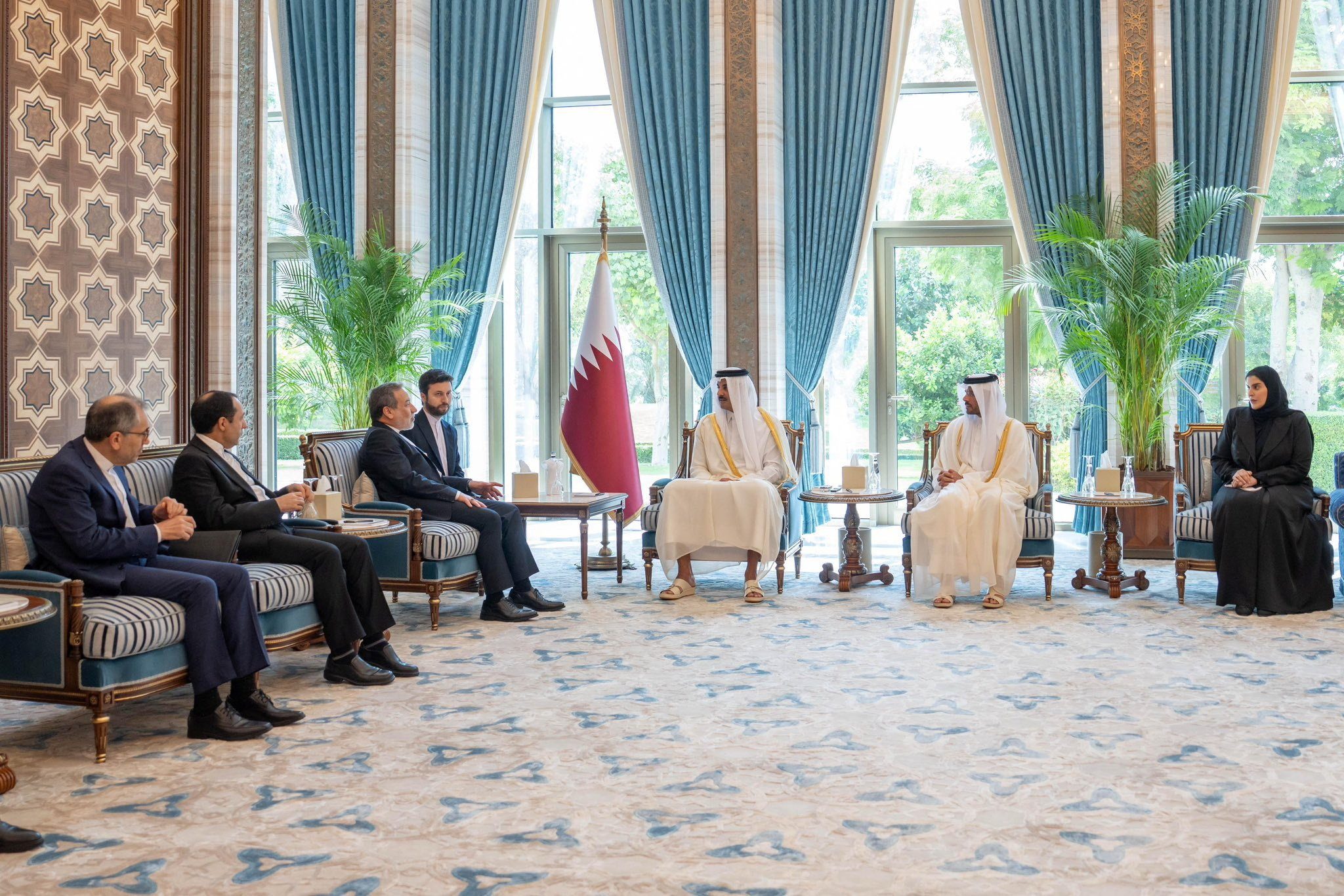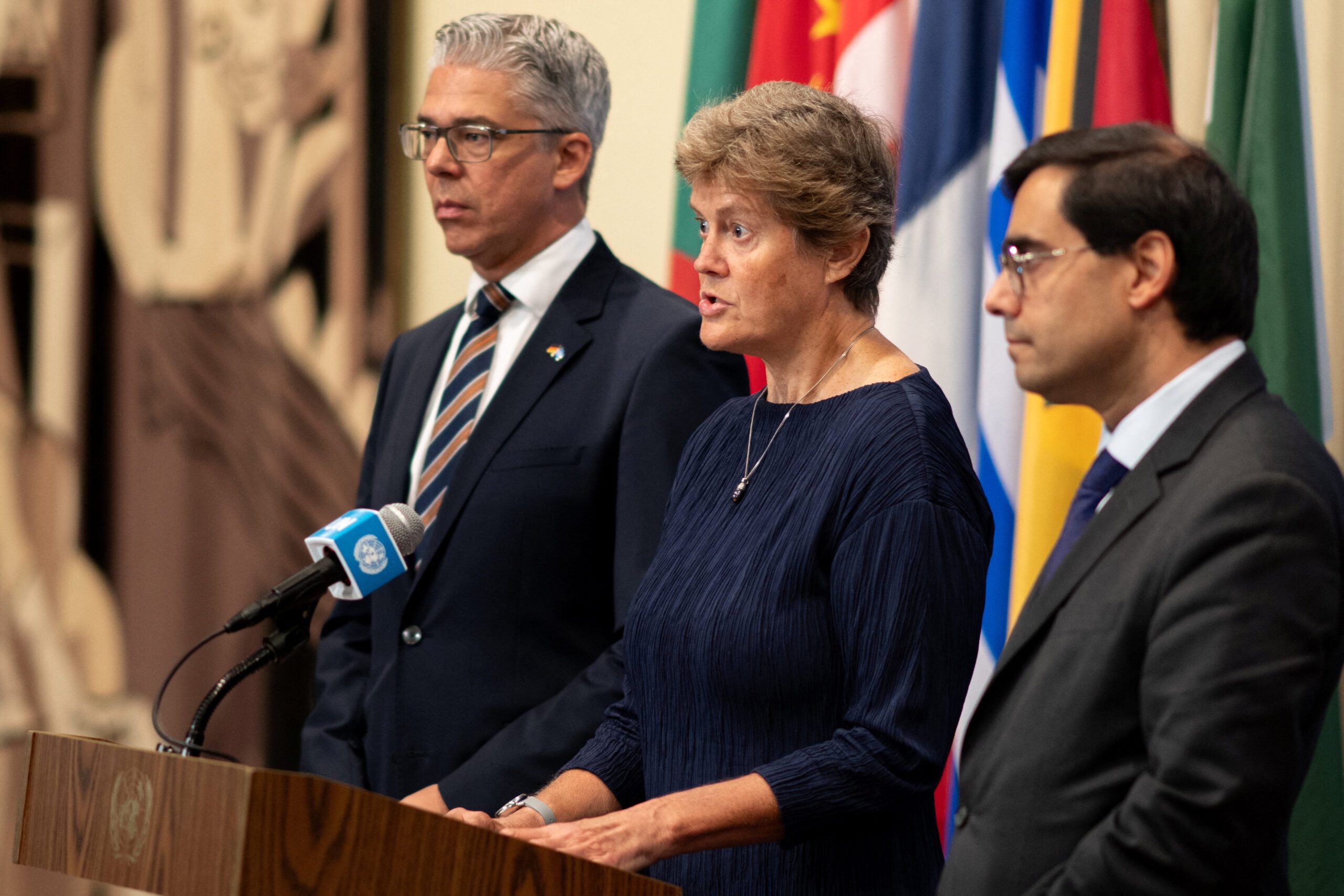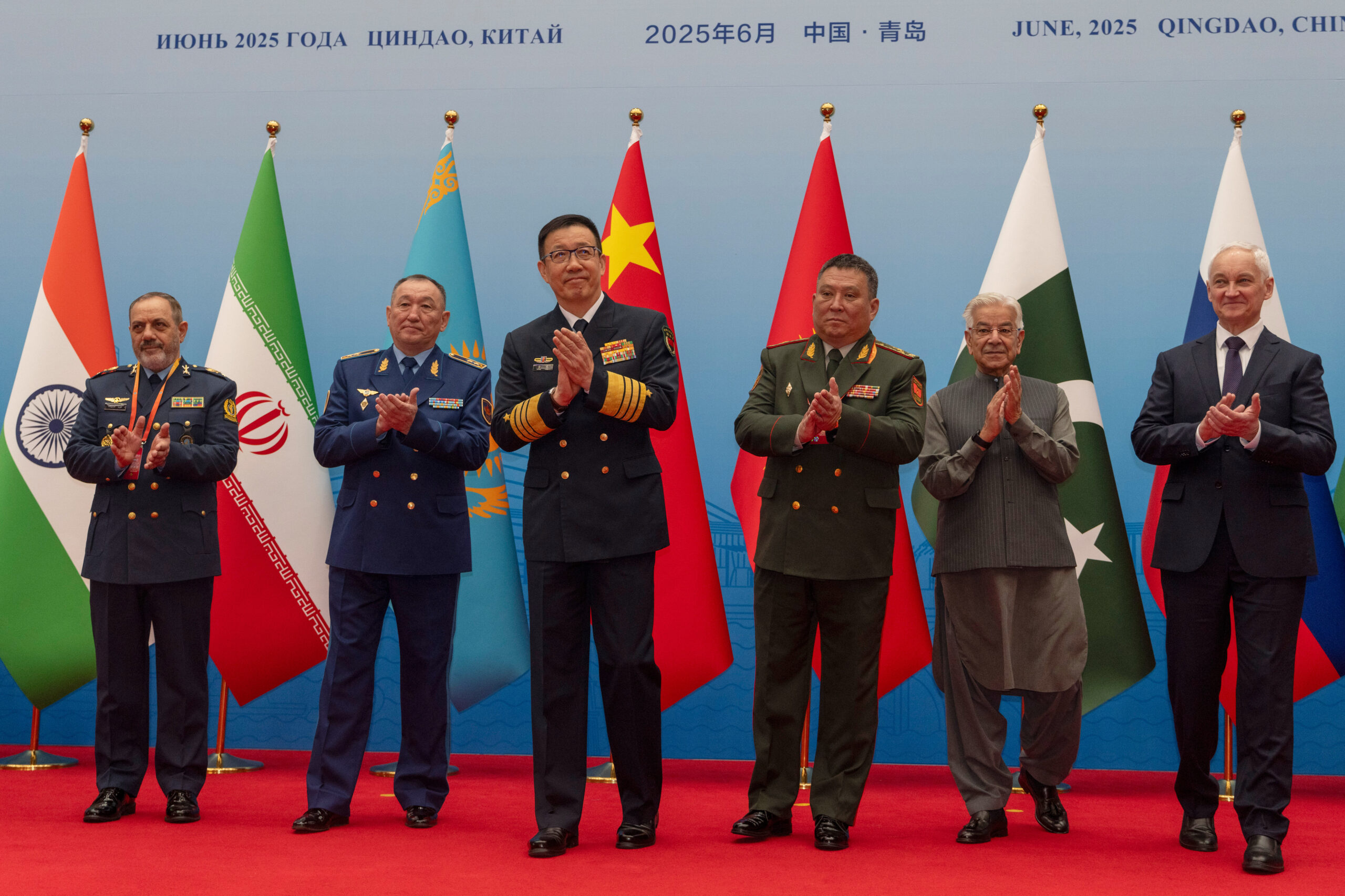Gulf Diplomacy Eases Afghanistan-Pakistan Tensions
Gulf Arab states are using their diplomatic, financial, and religious leverage to try and de-escalate rising Afghanistan-Pakistan tensions.
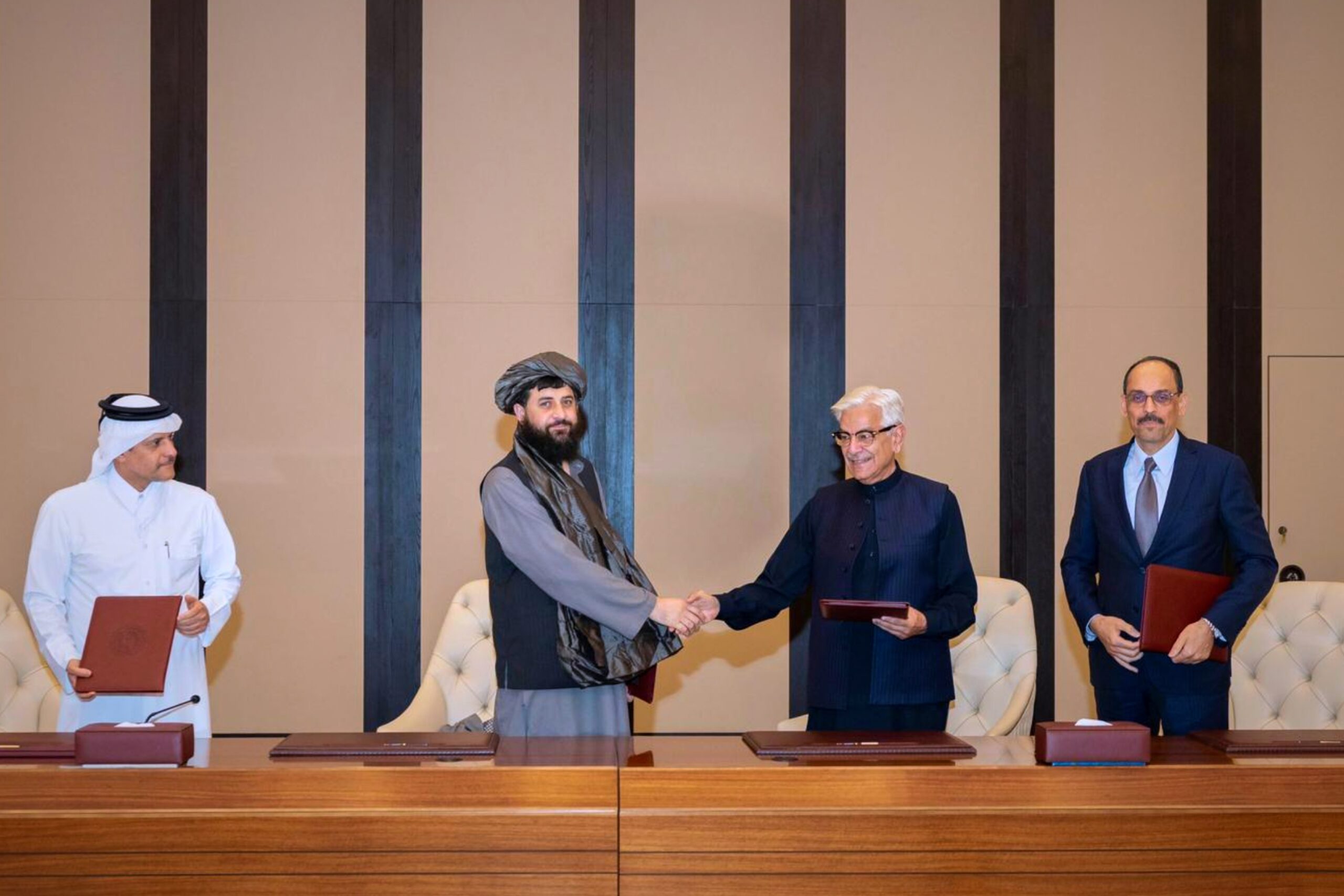
Since the Taliban’s return to power in Afghanistan, tensions between Afghanistan and Pakistan have significantly worsened. At the core of Islamabad’s growing security concerns has been the Taliban’s alleged permissiveness toward militant groups, such as the Pakistani Taliban, or Tehreek-e-Taliban Pakistan, and the Balochistan Liberation Army, whose attacks against Pakistan from Afghan territory have surged since 2024. These tensions intensified in recent weeks with deadly clashes along the two countries’ shared 1,600-mile border and Pakistani airstrikes against Kabul. Compounding the situation is a strengthening Taliban-India relationship, raising concerns in Islamabad over a potential anti-Pakistan partnership.
Saudi Arabia and Qatar issued statements encouraging a temporary cease-fire. The United Arab Emirates and Kuwait also urged both countries to de-escalate and refrain from actions that could exacerbate regional turmoil. Shortly after a 48-hour cease-fire went into effect October 15, Qatar, with support from Turkey, convened Afghan and Pakistani officials in Doha for talks aimed at preventing a broader conflict.
This mediation resulted in a new cease-fire agreement October 19. The Taliban committed not to “support groups carrying out attacks against the Government of Pakistan,” while both Kabul and Islamabad agreed to refrain from military operations against security forces, civilians, and key infrastructure in the other country.
Technical-level talks aimed at consolidating the cease-fire negotiated in Doha began in Istanbul October 25. Yet, as delegations representing both sides continued discussions in Turkey the following day, Pakistan’s army claimed it had killed 25 militants seeking to infiltrate Pakistan along the border; the army also stated that five of its own soldiers had lost their lives in those clashes. As the Istanbul talks commenced, Pakistani Defense Minister Khawaja Asif noted that the cease-fire brokered in Doha was holding and expressed his belief that Afghanistan genuinely sought peace. However, he cautioned that, should the discussions in Turkey fail to produce an agreement, an “open war” between the two countries could not be ruled out.
The Gulf’s Strategic Stakes
The Gulf Cooperation Council states have a vested interest in the de-escalation of tensions between Afghanistan and Pakistan given the implications for regional trade, counterterrorism efforts, and broader geopolitical stability. And their significant diplomatic, financial, and religious leverage positions them to facilitate dialogue and reduce the risk of escalation.
Although Gulf states have stopped short of formally recognizing the Taliban as Afghanistan’s legitimate rulers, they have come to terms with the reality of the Taliban serving as the country’s de facto government. With no viable alternative, Gulf states prefer relative stability under the Taliban over the chaos of a collapsed Afghan state.
Since hosting the Taliban’s political office in 2013, Qatar has positioned itself as a unique diplomatic bridge between the group and the West. Following the Taliban’s return to power in August 2021, Doha has gained credibility in the eyes of Washington and key European capitals as a pragmatic conduit for engaging the Taliban. The recent Afghan-Pakistani cease-fire negotiated in Doha further reinforces Qatar’s diplomatic clout.
Saudi Arabia views Tehreek-e-Taliban Pakistan’s attacks as a serious threat to the stability of its South Asian ally, particularly in light of the strategic mutual defense agreement signed with Pakistan in September. With Riyadh already managing a complex regional agenda concerning Gaza, the Red Sea, Yemen, Iran, and Syria, Saudi leaders want to prevent the outbreak of another conflict. Saudi Arabia wants cooler heads to prevail along the Afghan-Pakistani border, especially given the possibility of India becoming entangled in an escalation – a scenario that would threaten Riyadh’s long-term interests in maintaining deep ties with both Islamabad and New Delhi.
Additionally, the Islamic State group’s offshoot ISIS-Khorasan Province, which maintains a significant presence in Afghanistan and Pakistan, has also conducted attacks in Iran, Tajikistan, Turkey, and Russia. Although the group has never targeted the Gulf, GCC states remain vigilant.
Economic Corridors and Strategic Realignments
Lasting stability in Afghanistan and Pakistan serves the Gulf’s interests, particularly in relation to emerging trade corridors and access to Central Asia’s expanding markets. Home to tens of millions of people and rich with resources, the region is ripe for Gulf investment. Additionally, Central Asian countries, such as Kazakhstan, have long served as key suppliers of wheat to the Gulf, underscoring Central Asia’s growing relevance to food security in GCC states.
As Gulf countries pursue economic diversification agendas, the success of projects such as Gwadar Port, the Trans-Afghan Corridor, and the China-Pakistan Economic Corridor stands to significantly help them achieve their development goals. By offering alternative land routes to East Asia, these initiatives reduce reliance on traditional maritime chokepoints, notably the Strait of Hormuz, whose strategic vulnerability remains a persistent concern, particularly given the risks of the Iran-Israel cease-fire collapsing. In an increasingly multipolar world, where the center of geoeconomic gravity has steadily shifted from the West toward Asia, these corridors represent foundational elements of GCC states’ “Look East” strategies.
Ultimately, ensuring the viability of regional trade corridors, safeguarding investment, and enhancing counterterrorism cooperation all depend on diplomatic de-escalation. From the perspective of Gulf capitals, fostering greater collaboration among GCC states, Pakistan, and Central Asian partners offers a pathway to shared security and prosperity.
Pan-Islamic Legitimacy and Gulf Leverage: Faith, Finance, and Influence
Mindful of Saudi Arabia’s leadership role in the Islamic world and Qatar’s hosting of many Islamic scholars and major media outlets, such as Al Jazeera, Gulf soft-power clout resonates with power brokers in Afghanistan and Pakistan, despite certain ideological and religious disagreements. Pan-Islamic solidarity underpins regional diplomacy, enabling Gulf states to activate powerful soft-power tools that enhance their influence.
The Jeddah-headquartered Organization of Islamic Cooperation is an important multilateral institution under Saudi influence that has a track record of reducing tensions within the Islamic world. Ambassador Tarig Ali Bakheet, who has served as the OIC’s special envoy to Afghanistan since December 2021, has played a key diplomatic role between Gulf states and Kabul. Such engagement has led to Gulf states giving war-torn Afghanistan various forms of support without formally recognizing the Taliban.
Through the OIC and other institutions, Gulf states can promote certain types of Islamic discourse that may help Afghanistan and Pakistan move toward greater dialogue and cooperation as opposed to intensified confrontation. In the process, Saudi Arabia and other GCC states can obtain greater leverage when it comes to mediation efforts. Such influence is especially valuable when engaging with the Taliban, which frames its actions largely under the banner of Islamic legitimacy and seeks greater international recognition and financial support.
The Gulf states’ vast financial resources have enabled them to provide support for the Afghan population since the Taliban’s return to power and, at the same time, continue their decades-long practices of providing Pakistan with financial assistance amid times of economic challenges and humanitarian disasters. Naturally, such support has afforded Gulf states a degree of influence over both Kabul and Islamabad. In this context, Saudi Arabia and other GCC countries have managed to present themselves in South Asia as responsible actors in the Islamic world that promote stability while countering Iranian ambitions in both Afghanistan and Pakistan.
Gulf Mediators in a Volatile Region
Amid escalating tensions between Afghanistan and Pakistan, GCC states have emerged as pragmatic and influential actors promoting de-escalation, stability, and dialogue. Leveraging their religious legitimacy, financial resources, and diplomatic platforms, notably the OIC, Saudi Arabia and Qatar, particularly, have carved out a soft-power niche as mediators in a volatile region. Their efforts reflect broader strategic imperatives: securing trade corridors, countering terrorism, maintaining Islamic leadership, and advancing economic diversification goals.
Although the fraught dynamics between Kabul and Islamabad may not resolve any time soon, Gulf states’ abilities to convene Afghan and Pakistani actors, offer financial incentives, and shape Islamic discourse give them leverage. By presenting themselves as responsible and stabilizing forces in the Islamic world, Riyadh and Doha are not only reinforcing their geopolitical relevance but also mitigating the risks posed by conflict spillover and regional power vacuums.
The views represented herein are the author's or speaker's own and do not necessarily reflect the views of AGSI, its staff, or its board of directors.


